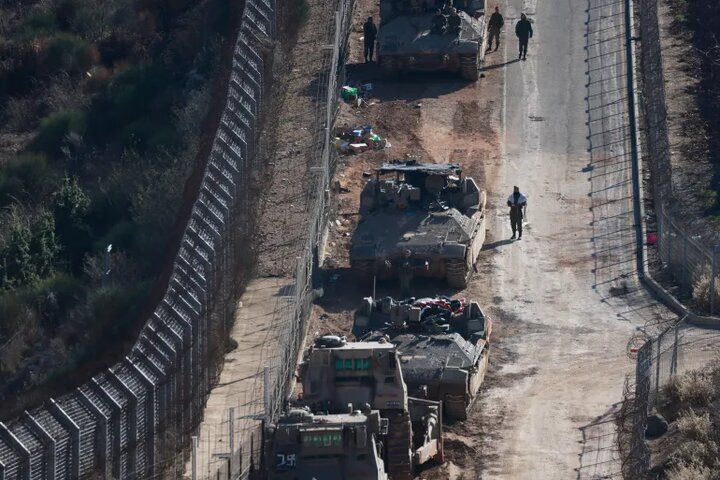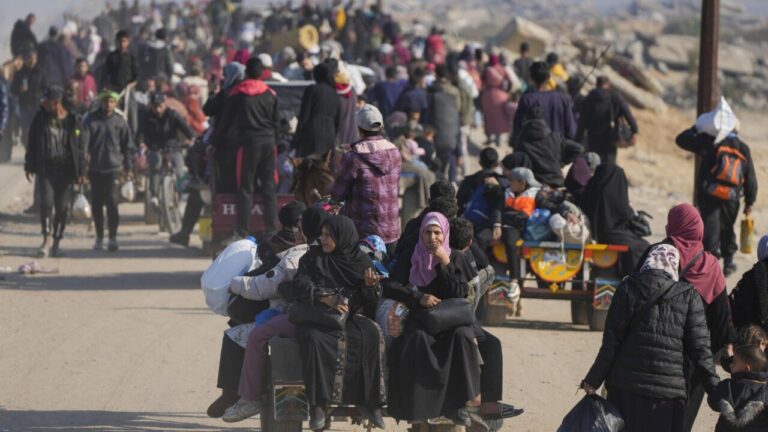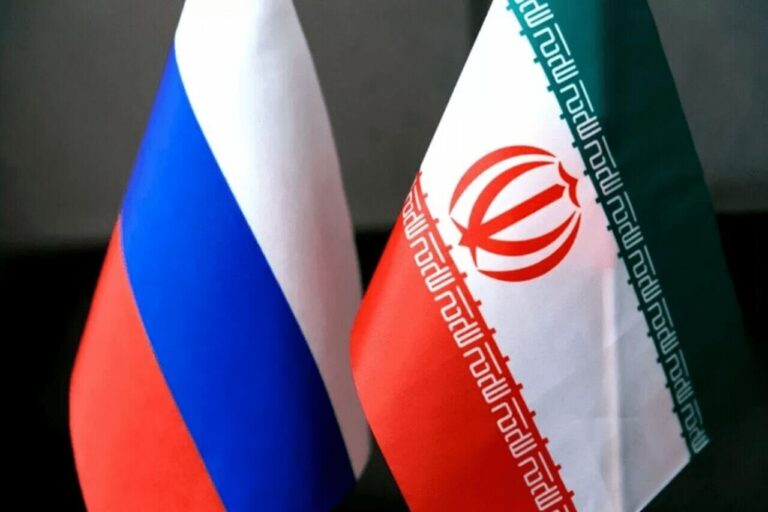Israel Launches Airstrikes on Syrian Military Bases and Key Infrastructure
The recent escalation of military tensions in Syria has drawn significant attention, particularly regarding the Israeli military’s actions. The attack on the Hama military airport not only caused substantial damage but also resulted in numerous injuries among both civilians and military personnel, as detailed in a statement from the Syrian foreign ministry.
On Thursday, the Israeli military confirmed that it had conducted an operation that resulted in the deaths of several armed forces members during an overnight raid in the Tasil region of southern Syria. According to reports, Israeli troops faced gunfire during this mission, prompting a robust response that included both ground and aerial strikes.
Despite these aggressive actions, Syria’s leadership has publicly stated that it does not plan to initiate a military front against Israel. This statement reflects a complex political landscape shaped by years of conflict and the ongoing regional dynamics.
Israel has been actively involved in military operations within Syria, particularly under the former leadership of President Bashar al-Assad. The primary focus of these airstrikes has been to target military installations and weapon caches that could potentially threaten Israeli security.
Key Highlights of Recent Military Actions:
- The Israeli military’s overnight raid in southern Syria resulted in multiple casualties.
- Ground and aerial strikes were utilized in response to gunfire encountered during the mission.
- The Syrian foreign ministry reported significant injuries among both civilians and military personnel.
- Syria’s leadership has expressed a commitment to not opening a front against Israel.
This recurring pattern of military engagement underscores the delicate balance of power in the region. For years, Israel has been executing airstrikes aimed at neutralizing threats it perceives from Syria. These operations have often been justified by the Israeli government as necessary for the protection of its national security.
Moreover, the ongoing conflict and military operations in Syria have drawn international scrutiny and concern, as civilian casualties continue to rise amidst the hostilities. The situation remains precarious, with various factions vying for power and influence in the region.
In light of these developments, it is crucial to understand the broader implications of military actions in Syria. The ongoing conflicts not only affect the immediate areas involved but also have far-reaching consequences for regional stability and international relations.
As the situation evolves, analysts and policymakers are closely monitoring the developments to assess their impact on the geopolitical landscape. The intricate relationships between neighboring countries, along with external influences, contribute to the complexity of the ongoing conflict.
Implications of the Ongoing Conflict:
- Increased civilian casualties raise humanitarian concerns.
- The potential for escalated military confrontations between Israel and Syria remains high.
- Regional stability is threatened by ongoing hostilities and power struggles.
- International diplomatic efforts may be necessary to address the underlying tensions.
In summary, the recent military actions in Syria, particularly the Israeli airstrikes, highlight the ongoing volatility in the region. With both sides expressing their intentions and responses, the situation continues to evolve, making it essential for stakeholders to remain vigilant and proactive in addressing the challenges ahead.
As we observe the unfolding events, it is vital to consider not just the immediate outcomes of military actions but also their long-term implications for peace and security in the Middle East.
In conclusion, the conflict in Syria is far from resolved. The interplay of military actions, national interests, and regional dynamics will undoubtedly shape the future of the region for years to come. Continued dialogue and engagement will be crucial in mitigating the impact of such conflicts and fostering a path towards stability and peace.






